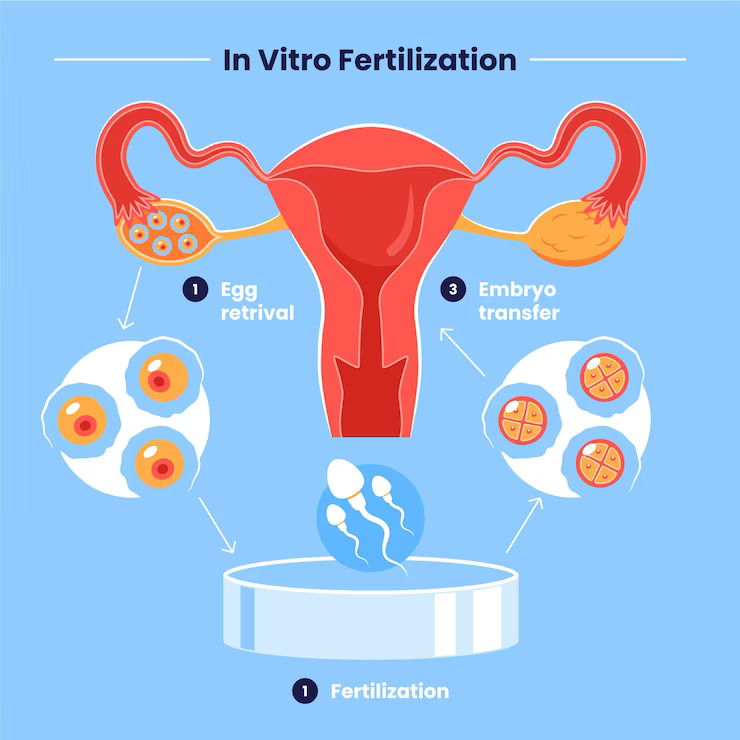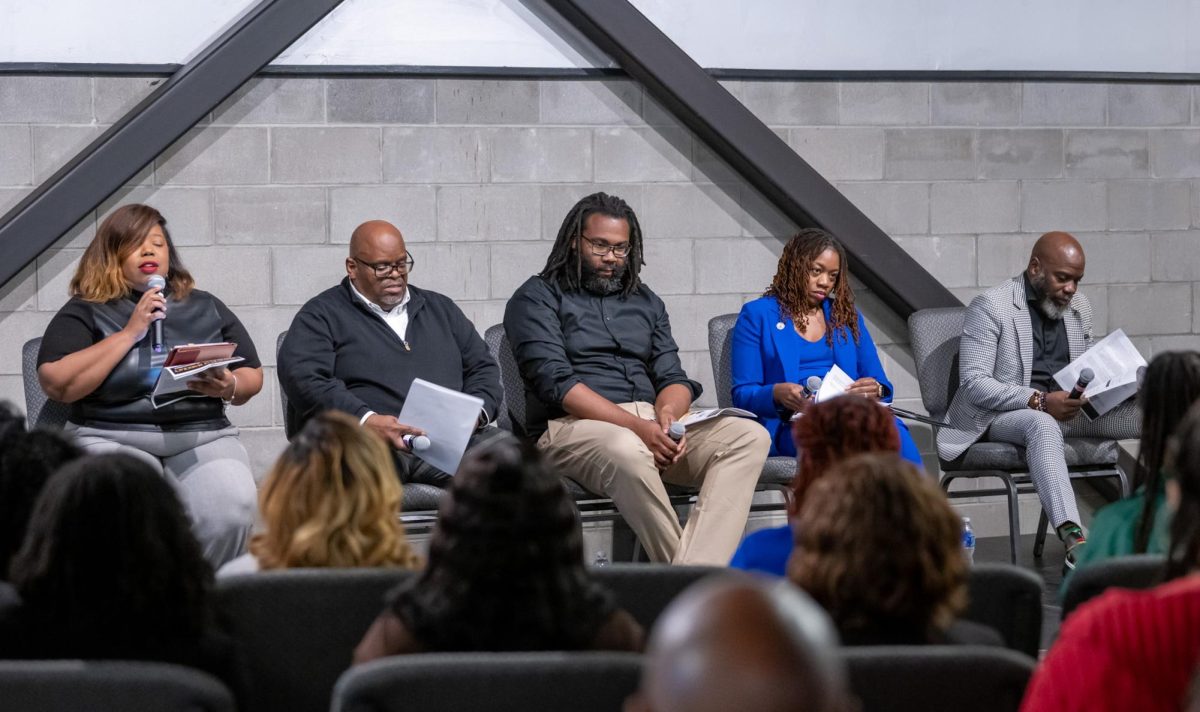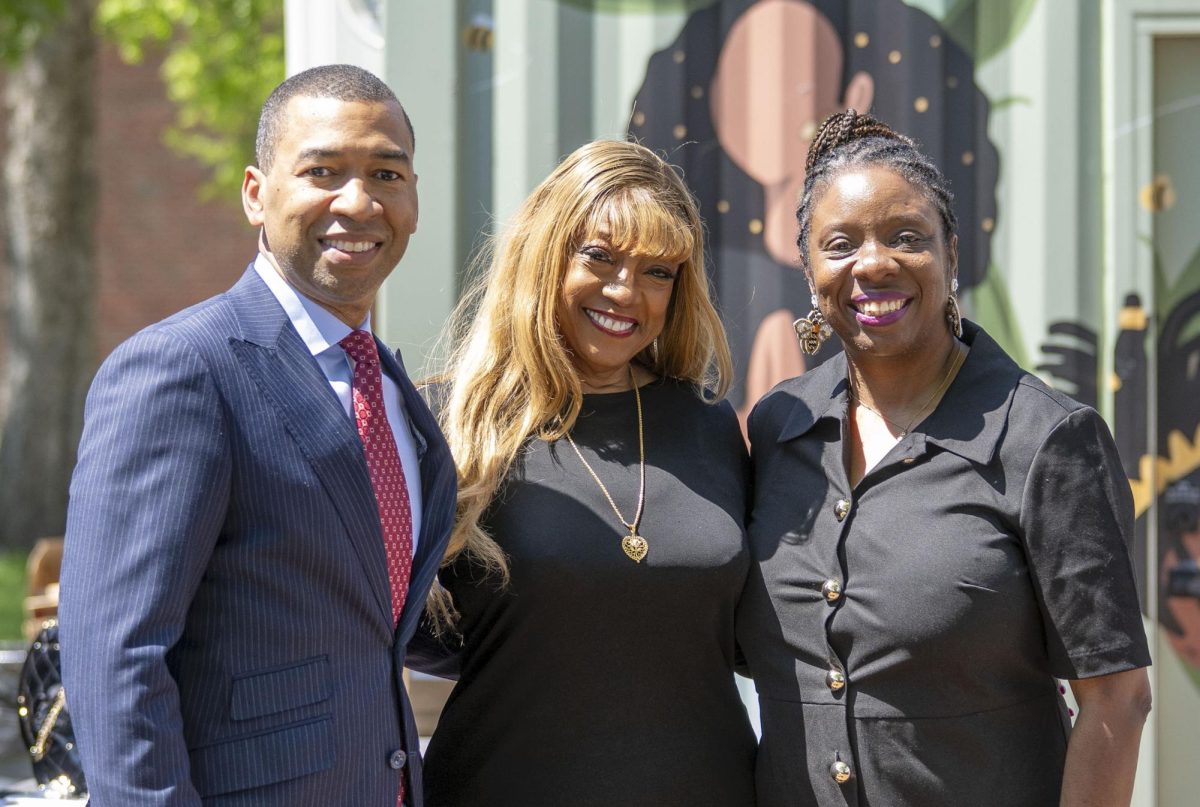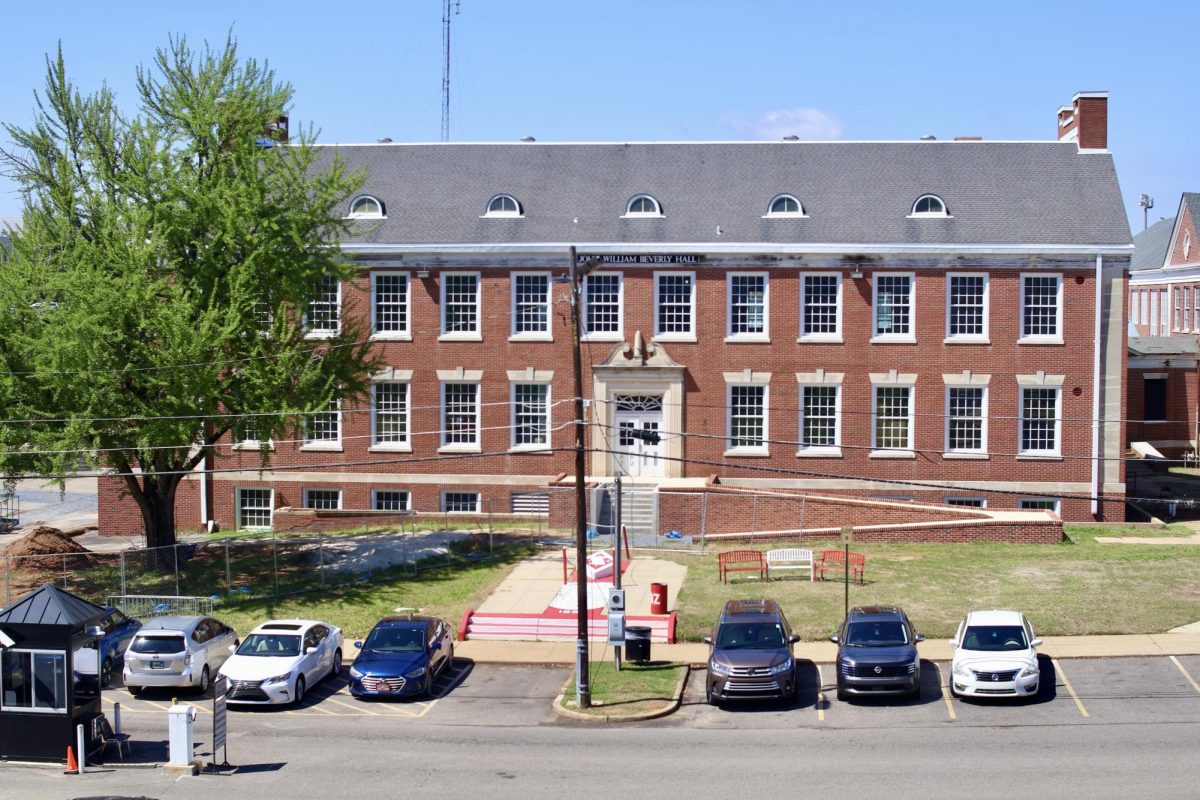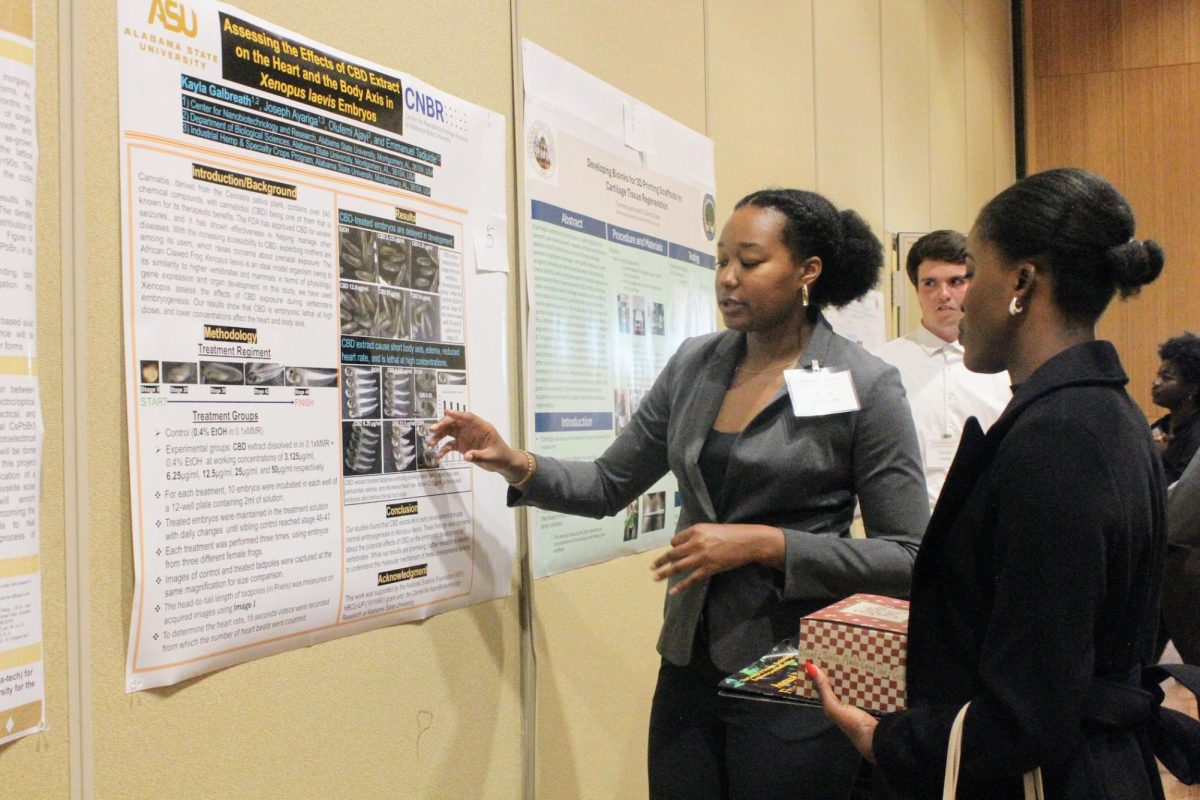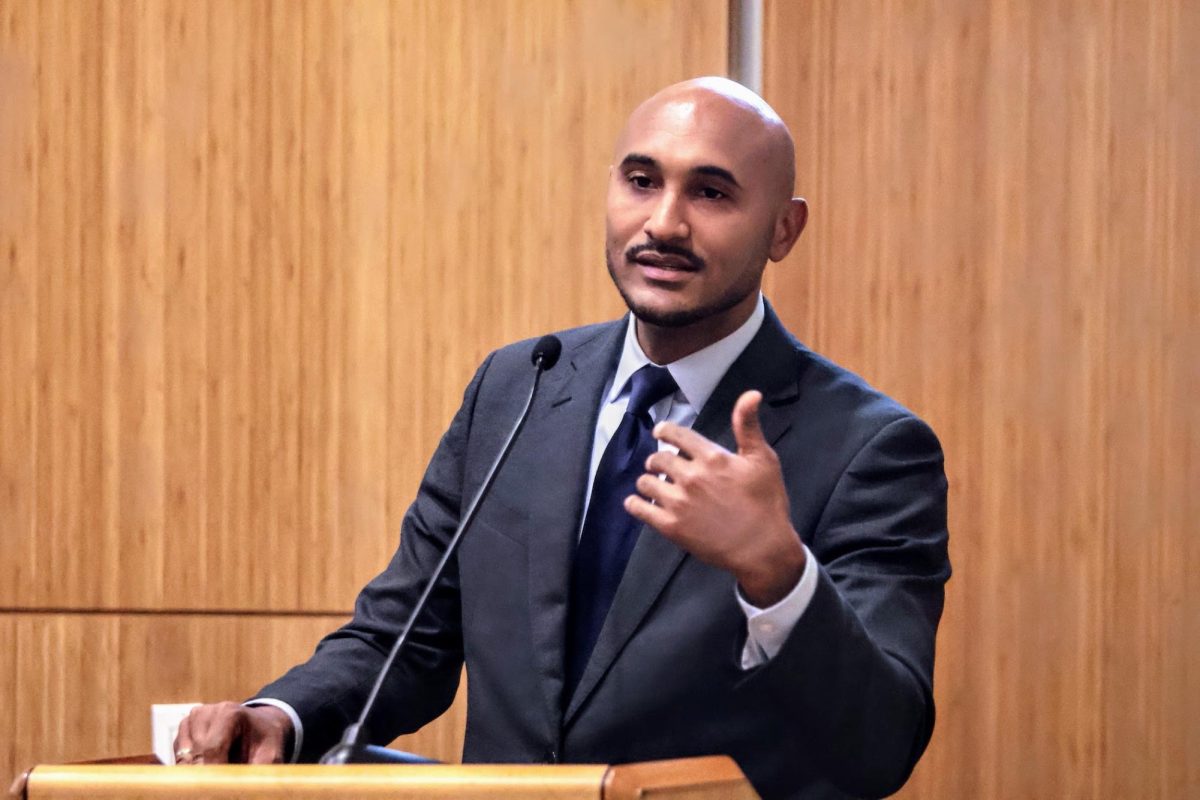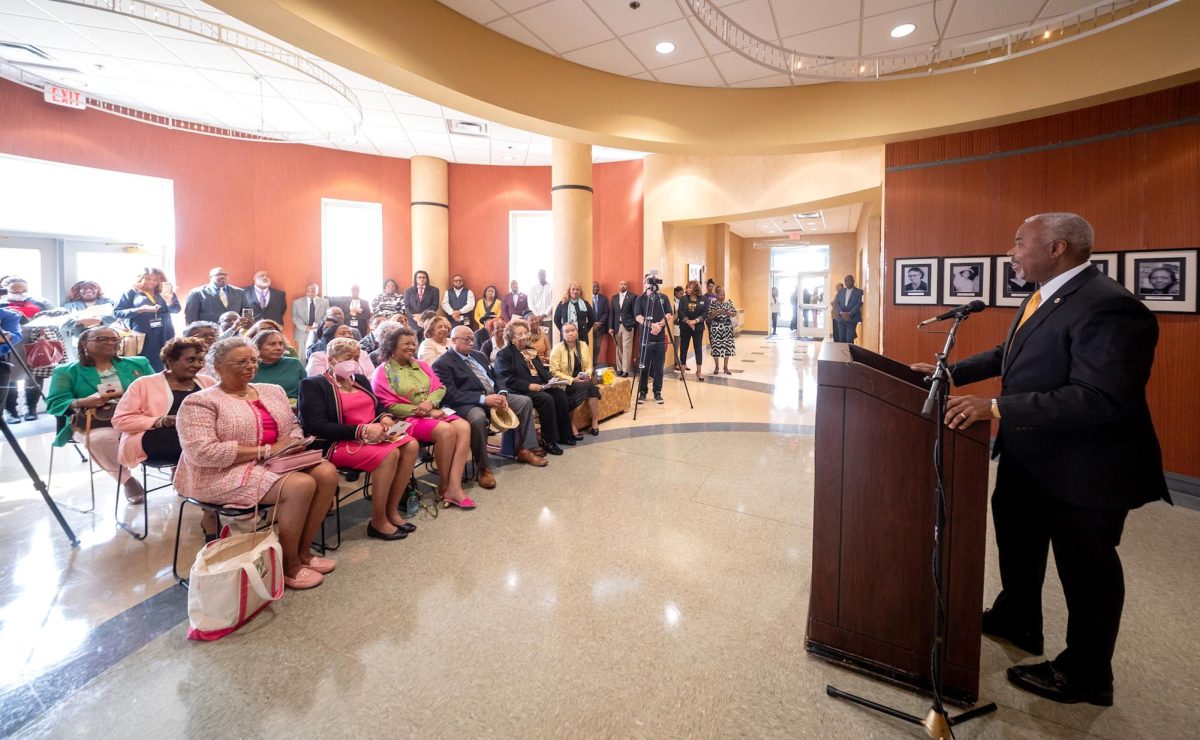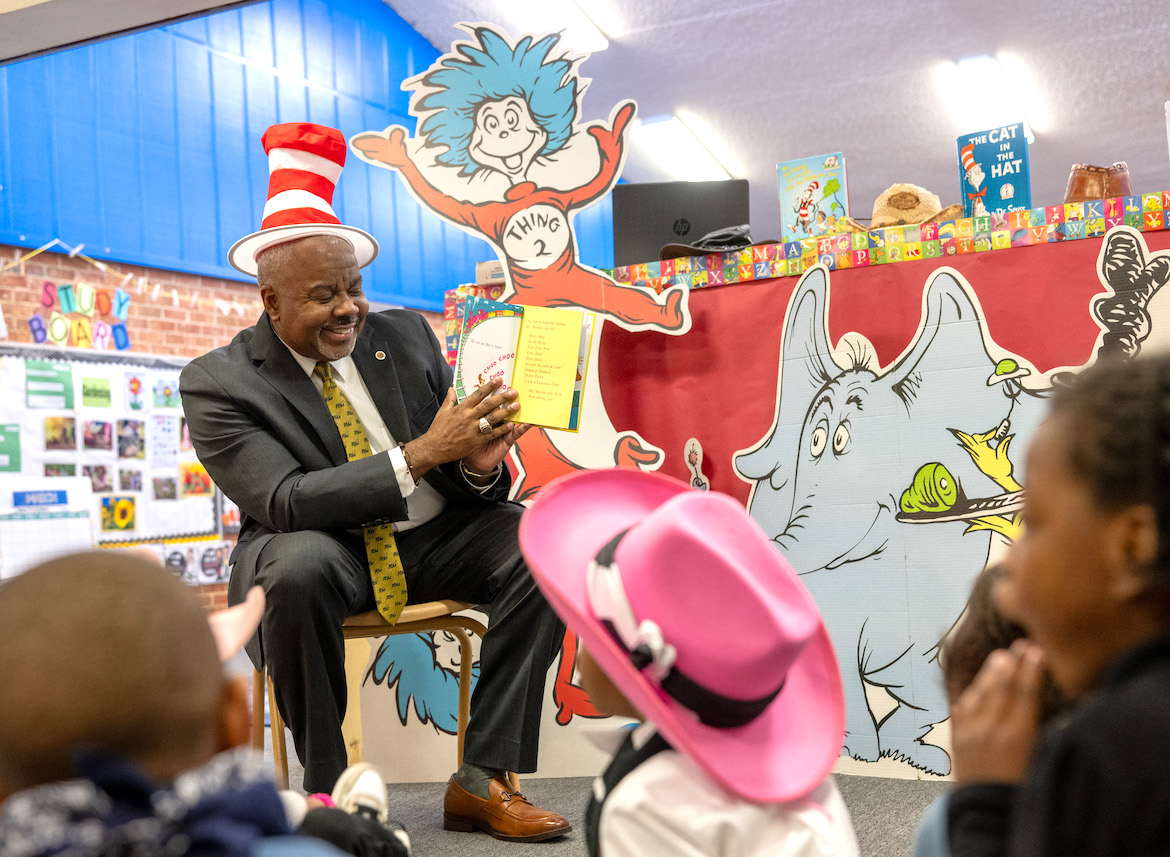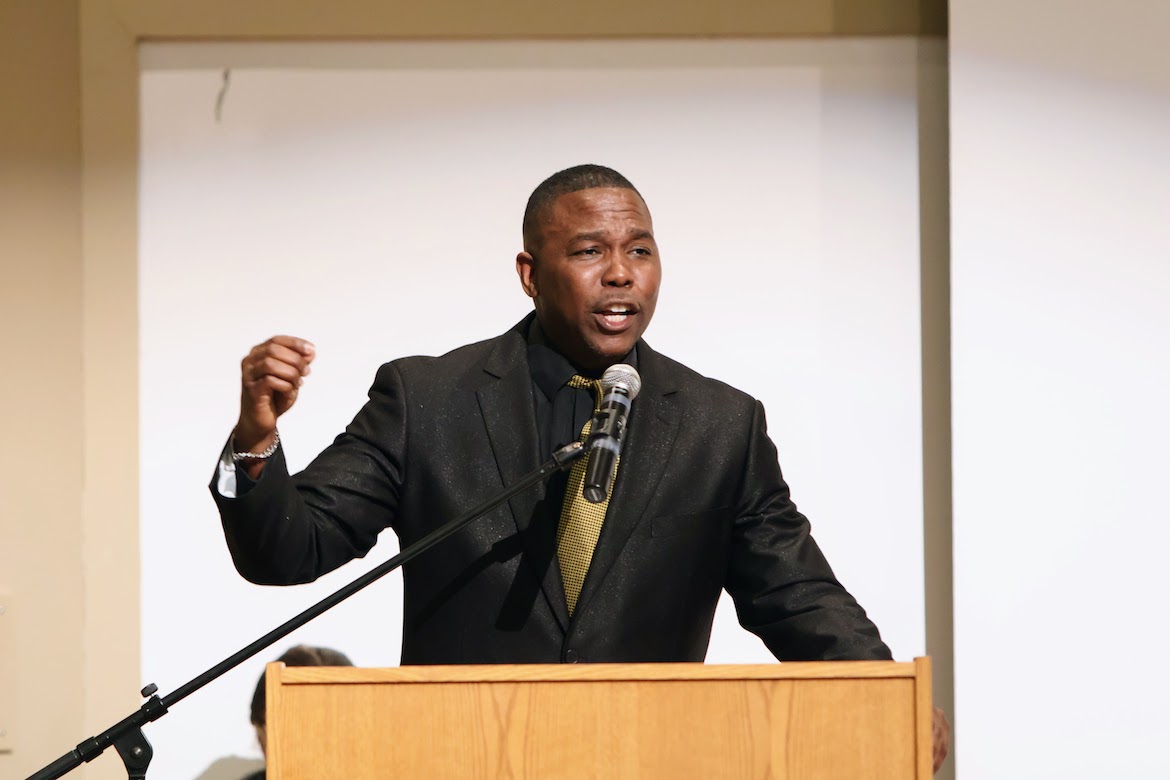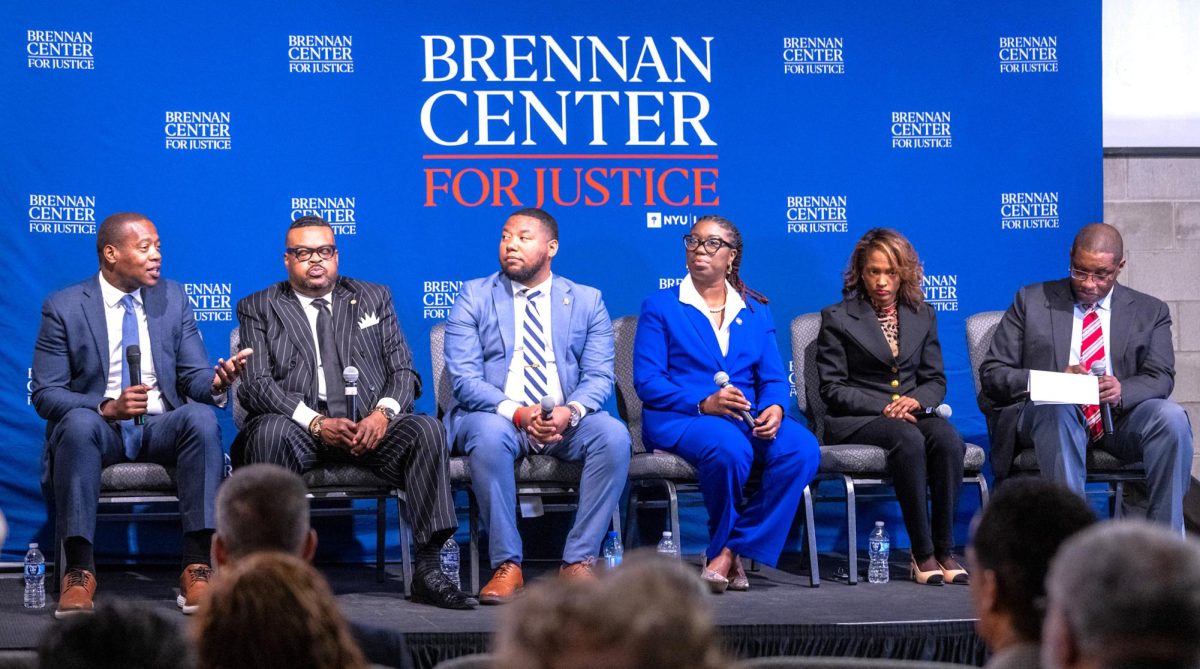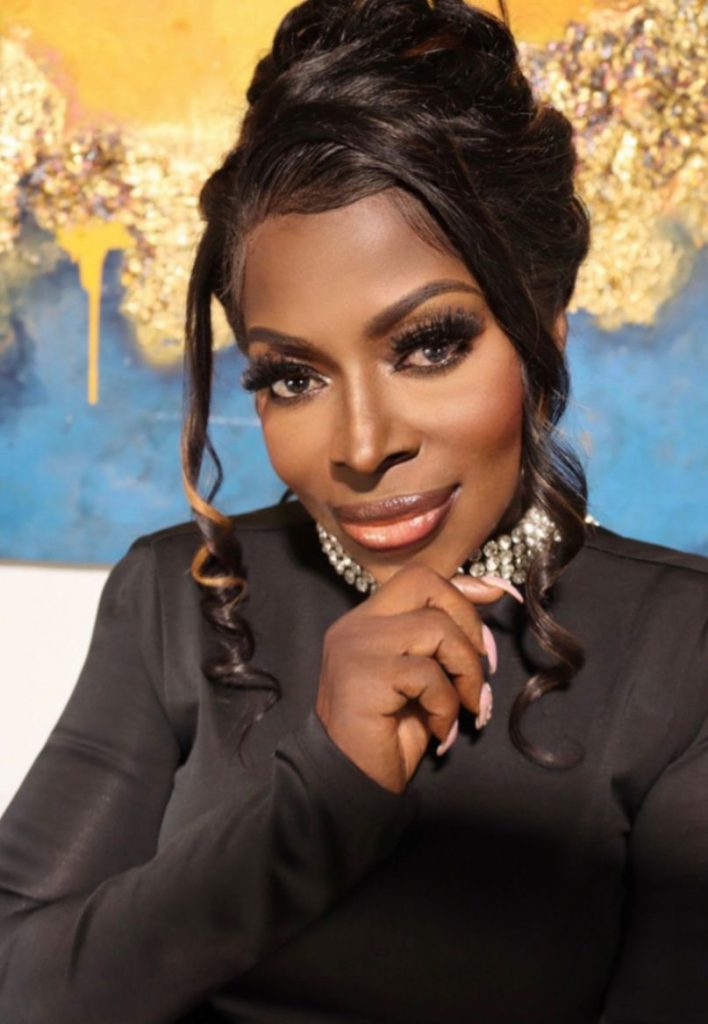In a groundbreaking decision issued on Feb. 16, the Alabama Supreme Court (ASC) declared that embryos conceived through in vitro fertilization (IVF) are to be legally considered children. This ruling sets a precedent that those who intentionally or accidentally destroy such embryos can now be held liable for wrongful death.
The start of this ruling can be traced back to two previous lawsuits involving IVF procedures. In 2020, parents who had undergone IVF filed lawsuits seeking damages after their frozen embryos were dropped and destroyed. Initially, their claims were dismissed, but the recent ruling by the ASC overturned this decision, recognizing the embryos as deserving of legal protection akin to that of children.
Some students believe that the state is focusing on the wrong issue.
“I think the state of Alabama is focusing on the wrong issue,” said freshman Zahanae Smith. “Rather than being concerned about embryos, they should prioritize addressing the mass shootings that are currently endangering the lives of living children. Embryos are not children, nowhere close to it. The fact that it’s a discussion and now an official ruling shows the state of the state.”
This ruling carries significant implications, particularly for IVF programs in Alabama. With embryos now legally classified as children, the landscape for IVF procedures in the state is fundamentally altered. Not only are procedures paused in Alabama, the frozen embryos are not able to be transported to another facility.
“The recent ruling concerning embryos is very stupid to me … It’s unjust that certain individuals are granted the authority to dictate matters concerning women’s bodies,” said Nsansa Smith, a senior majoring in social work. “This isn’t just or fair, and I see it causing further complications for us down the line. If I choose to freeze my eggs, it should be my decision without anyone else’s input.”
The repercussions of this ruling extend beyond the realm of reproductive rights. It adds to the ongoing debate surrounding the rights of women, particularly in the context of reproductive autonomy. Coming in the wake of the reversal of Roe v. Wade, this decision represents yet another setback for women’s rights in Alabama and beyond.
College of Business Administration Instructor Kim Smith, said, “The criminalization of abortions in Alabama, accompanied by jail time, deprives women of their bodily autonomy and may compel those seeking abortions, whether for medical or personal reasons, to resort to unsafe alternatives. These matters should be entrusted to medical professionals and patients for informed decision-making.”
“In today’s society, the persistence of gender inequality remains evident for women,” said Carrington Wilder, a freshman biology pre-health major. “Our bodies and voices are often subjected to the authority of men who were biologically born as such. What we require are diverse voices, ones capable of advocating women’s rights. The decisions regarding women’s reproductive health are solely the concern of women themselves and should not be subject to external interference.”
As Alabama grapples with the implications of this ruling, it underscores the increasingly contentious nature of reproductive rights and the legal landscape surrounding them.


